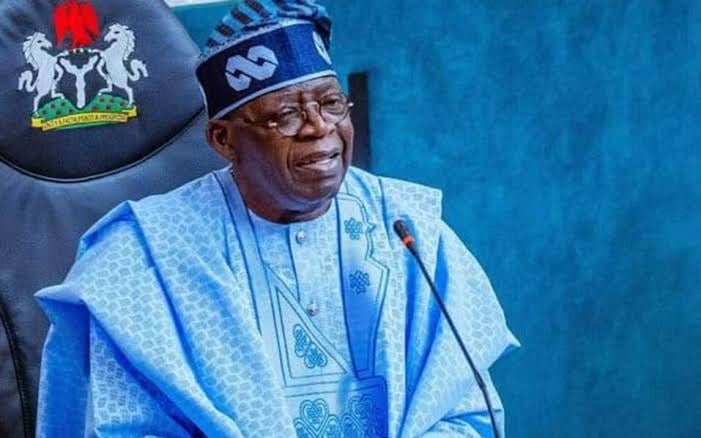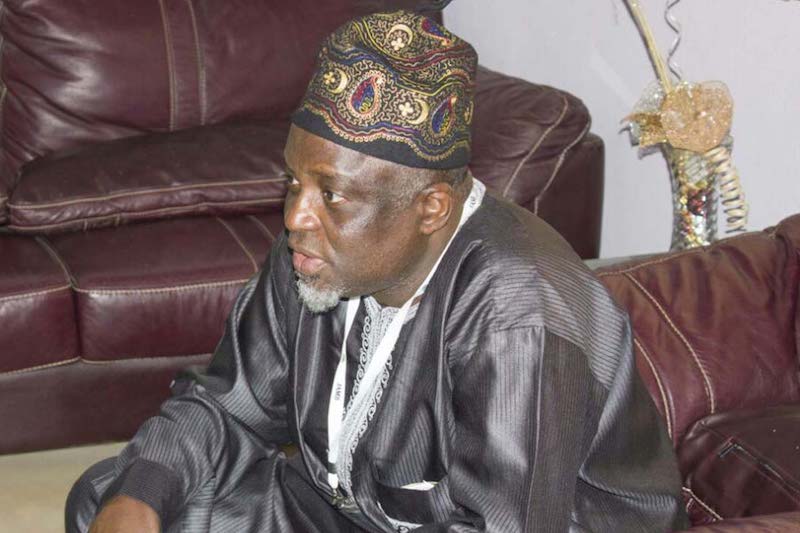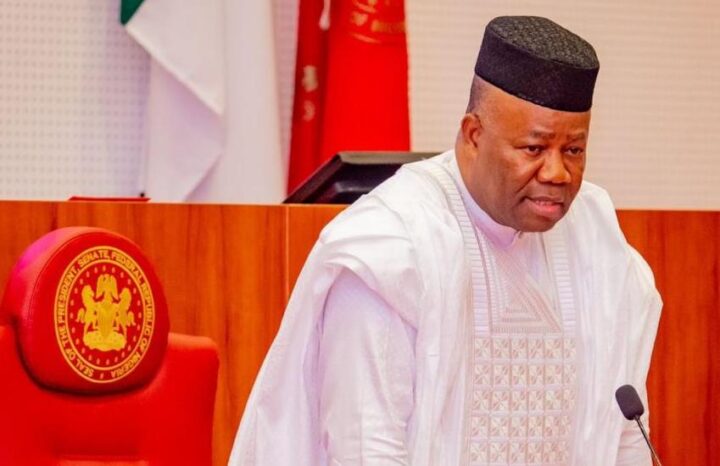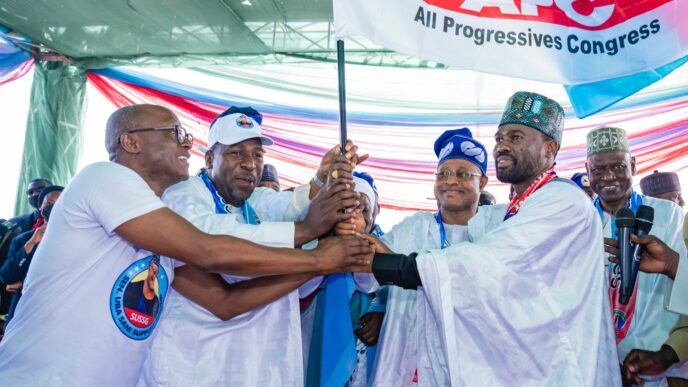President Bola Ahmed Tinubu has moved to revolutionize Nigeria’s tax administration. He has just submitted four groundbreaking tax reform bills to the House of Representatives for approval.
The Nigeria Tax Bill 2024 is a turning point in the country’s approach to fiscal policy. As Nigeria’s economy changes, this proposed legislation represents more than just another tax reform. It’s a major revamp of the country’s tax system that fits into President Bola Ahmed Tinubu’s Renewed Hope agenda. The bill promotes a vision for a stronger, more transparent economy, and its success will make a big difference in Nigeria’s future.
The Nigeria Tax Bill 2024 tackles a long-standing problem: the complicated and confusing tax system. By bringing all tax laws together into one clear framework, the bill simplifies the rules and combines different taxes, making it easier for businesses and people. This is not just a reform for the sake of change; it aims to create a fairer and more transparent tax process, promoting a better relationship between the government and taxpayers.
The bill also aims to promote ease of doing business, which has long been a hurdle in Nigeria’s economic growth. Businesses, particularly small and medium enterprises (SMEs), have historically struggled with the complex web of tax regulations. By streamlining tax rules, the Nigeria Tax Bill 2024 simplifies compliance, enabling businesses to focus more on innovation and expansion rather than wading through bureaucratic red tape. In doing so, it creates a more conducive environment for entrepreneurship and investment.
Advertisement
For years, tax administration in Nigeria has been plagued by inconsistencies and unclear guidelines, resulting in confusion, disputes, and a lack of trust between taxpayers and the government. However, since Dr. Zacch Adedeji became the Executive Chairman of the Federal Inland Revenue Service, and improvements have been made, leading to a more effective and transparent agency.
The Tax Administration Bill aims to simplify tax collection and clarify tax laws. It seeks to reduce challenges for taxpayers and disputes with the government. By making procedures clearer, it will help taxpayers understand their responsibilities and improve compliance. The bill also encourages the use of technology to make tax processes easier and more efficient for everyone.
The Joint Revenue Board (Establishment) Bill creates a new way to handle tax disputes with tribunals and a tax ombudsman, promoting fairness in the tax system. For the first time, Nigerians will have official channels to voice their concerns and hold tax authorities accountable. This is a step toward bringing transparency and trust to tax administration, benefiting both the government and the general public.
Advertisement
Another major reform is the Nigeria Revenue Service (Establishment) Bill, which will replace the old Federal Inland Revenue Service Act. This change goes beyond surface-level updates; it modernizes revenue collection to meet the needs of today’s Nigeria. The new framework will help the government use technology more effectively, improve tax collection, reduce losses, and ensure all tax money is properly tracked. This is important for enhancing public infrastructure, social services, and the overall quality of life in the country.
These reforms reinforce fiscal institutions, stimulate economic growth, and align with the government’s objectives. President Tinubu is sending a strong message to the world that Nigeria is open for business and fully committed to fiscal responsibility. Kudos to such foresight, AKANBI! With Tinubu’s vision, it’s hard not to #BelieveInPBAT. Nigeria is making giant strides toward economic prosperity. Even if you have reservations about him, you have to appreciate the zest, guts, and energy he brings to this important mission.
The Tax Boss stands out as a leader in Nigeria, leading an agency that truly delivers results. In just his first year, he has driven forward-thinking reforms that prioritize technology and data-driven decisions.
Under his leadership, the Federal Inland Revenue Service (FIRS) is evolving from a traditional tax agency into a modern, innovation-focused institution with research at its core. His approach to integrating innovation into tax administration is remarkable, not just ideas on paper, but real, practical changes that make tax processes easier for both businesses and people.
Advertisement
Working alongside the Minister of Finance, Mr. Adebayo Olawale Edun, Dr. Zacch is showing the government’s commitment to tax reform. These new bills make taxes easier to understand, boost transparency, and support economic growth. With capable leaders like Dr. Zacch, and guided by President Tinubu’s Renewed Hope Agenda, Nigeria is proving to the world that it’s ready to build a strong, lasting economy that benefits everyone.
Atoyebi is the technical assistant, broadcast media at the Federal Inland Revenue Service.
Views expressed by contributors are strictly personal and not of TheCable.
Add a comment









